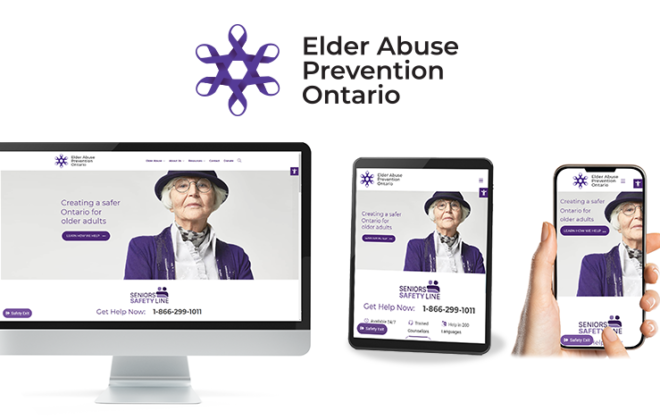How to protect seniors: Police, probation and peace bonds
November 2nd, 2023
EAPO Annual Virtual Conference Series, 2023
Ethical and Legal Responsibilities: Reporting Elder Abuse
Session: How to Protect our Seniors: Police, Probation and Peace Bonds
This session provided clarity on frequent questions related to the criminal justice system in cases of elder abuse.and laws that help protect persons when there are concerns for safety.
Questions addressed in this presentation included:
- What can individuals do to protect older loved ones from abuse?
- What happens when the police are called?
- What is a probation order and peace bond, the process to obtain them, how they are enforced and how they can protect a senior?
The speaker explored some real case studies and what individuals could do to protect seniors.
SPEAKER
Jason Balgopal
Assistant Crown Attorney, Ministry of the Attorney General
Jason Balgopal is a graduate of Osgoode Hall Law School, and an Ontario lawyer, who was called to the bar in 1999. He has been practicing exclusively in criminal law since 2003, and has been an Assistant Crown Attorney in the Scarborough Crown Attorneys’ office since 2004. He has appeared in all levels of court in Ontario, and has conducted all manner of prosecutions, including murder trials and a dangerous offender application.
He is a member of the Elder Abuse Consultation Team (EACT) in Toronto and has presented many times on the topic of Elder Abuse. He is also a member of the Scarborough Human Services and Justice Coordinating Committee (HSJCC) which helps to coordinate the various services offered by different organizations to a diverse population.
After a lengthy challenge with depression, and after getting to a better “head-space” for himself, he wished to give back to the community which had supported him. Thus, in 2015, he created the Mental Wellness Peer Support Groups, which have been operating continuously since in person, and are now (since COVID started) operating virtually through Zoom. The groups offer members an opportunity to unburden themselves to peers (people who have “walked a mile in your shoes”) about how their mental wellness challenge is affecting them and get feedback (empathy or best practices) to support them.
Session Resources and Website Links:
https://www.meetup.com/Mental-Wellness-Peer-to-Peer-Support-Groups/




